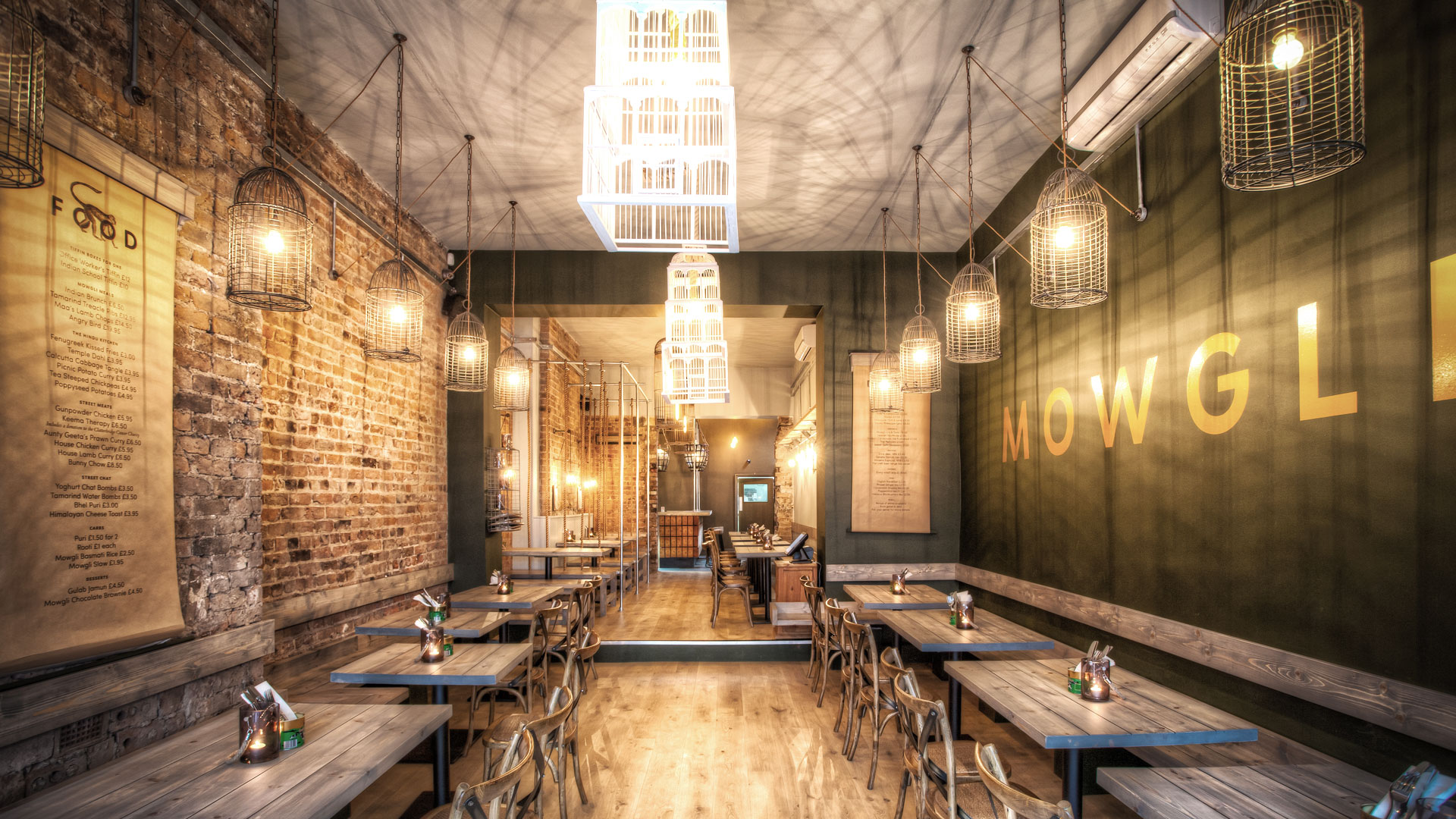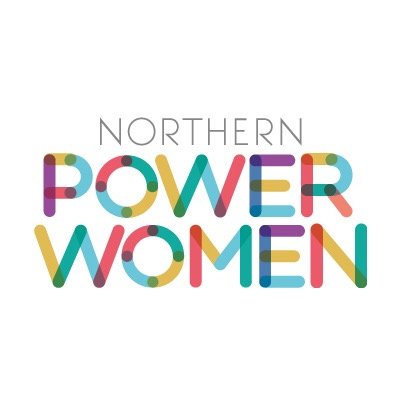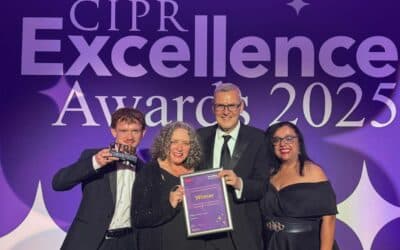Nisha Katona, Founder of Mowgli Street Food, will speak at next week’s exclusive Northern Growth Forum in association with Alliance Manchester Business School.
A former child protection barrister, Katona founded Mowgli in 2014, opening its first location in Liverpool. The popular Indian restaurant now has locations around the country – with 10 sites in cities including Manchester, Oxford and Nottingham.
Having experienced rapid success and healthy growth – alongside efforts including fundraising through the Mowgli Trust – Nisha discussed her journey through the most difficult stages of founding a business in the food and beverage sector.
“I was a child protection barrister for 20 years with absolutely no background in business whatsoever,” she says. “What I did have a passion for was the way the Indians ate at home.”
Throw everything you have into building your business
Before long, the idea of her own place crept into her mind. “This is true of any entrepreneur, I describe it as becoming like eczema, where it keeps you awake. The idea – that perhaps if I was addicted to these dishes, there was a market for them – came to my head and loathsomely, it came alive.”
The challenges that faced Katona focused on funding her dream. “You’ve got to buy your kitchen, you’ve got to refurb a building – no bank would lend to me because it was sort of like I was having a midlife crisis!
“Everything I had went into building that first Mowgli,” she says. “I would work full-time in court in the daytime, then physically build it myself in the evenings – that’s how it started.
“Unbelievably, within about three weeks a queue started to form – within five weeks we got our first offer of investment, which was just a miracle. And it was three months in that I knew this rope was safe enough to swing across to, and I gave up being a barrister.”
Mowgli has clearly forged its own path in the business world, and gained a level of local renown while managing to look quite unlike other casual dining concepts. Nisha says there’s no particular model she looks to as an example. “What I hope to emulate, or the brands that I think of marching through time, getting stronger and stronger, are those like Nando’s, Wagamama and Pret.
“These are brilliant brands that have stood the test of time and the reason for that is because quite frankly, people are addicted to their food.” It’s important, she emphasises, to focus on producing the best possible product, and not forgetting that.
“[But] In terms of the brand itself, I’m so different – my background is different. Everything about the way I’m building my business is different. I built this alone, in isolation.
“I don’t look to other businesses, I just think about the ones that have lasted for a long time and I think it’s down to the food.
“I am the executive chef and I am the development chef. Every single dish [on Mowgli’s menu] has got a story, a technique, and an anthropology, and it’s only me that can teach that.
















